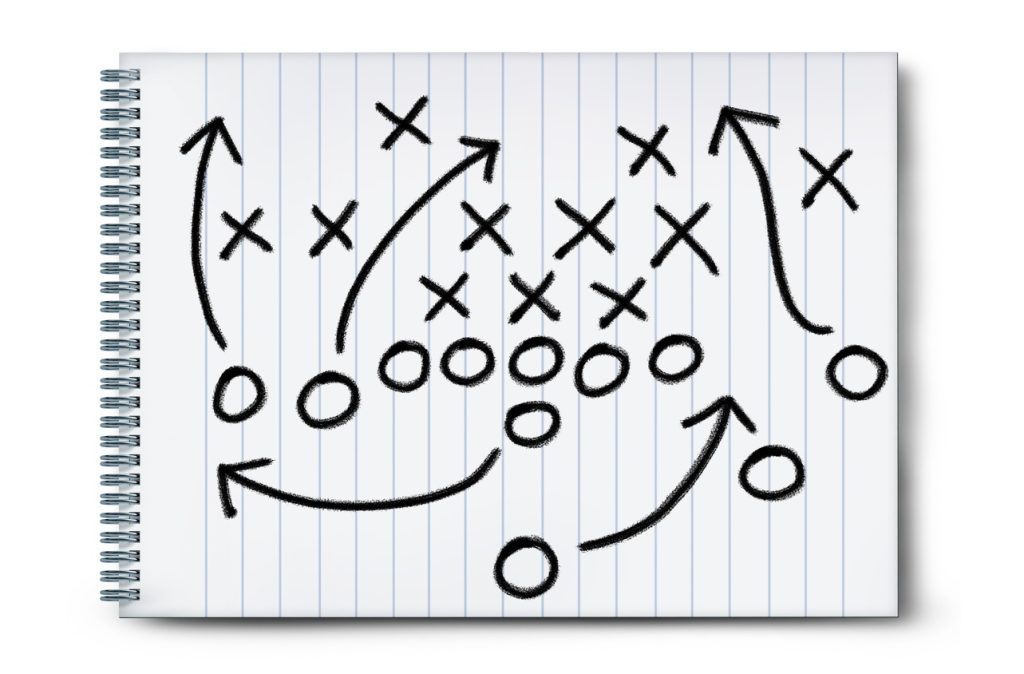In the evolving landscape of journalism, the role of journalism schools in shaping the future of media has come under scrutiny. Critics argue that these institutions, often seen as gatekeepers to influential positions in corporate media, contribute to ideological conformity rather than fostering the rigorous, on-the-ground skills needed for true investigative reporting and ethical journalism.
The Rise of Ideological Conformity
Many media critics and advocates for reform contend that journalism has strayed from its roots as a trade learned through apprenticeships, beat reporting, and grassroots exposure. Instead, an advanced degree from prestigious institutions is increasingly seen as a shortcut to influence and access within the industry. This trend, critics argue, stifles diverse perspectives and undermines the robust questioning essential to journalism’s watchdog role in society.
The Role of Student Newspapers: Training Ground or Instrument of Power?
While most colleges and universities host student newspapers as incubators for aspiring journalists, these publications sometimes mirror larger media outlets in wielding disproportionate influence. Far from fostering an alternative mindset, student newspapers, like their professional counterparts, have been criticized for their role in “cancel culture” — the phenomenon of socially ostracizing individuals or entities deemed to have transgressed contemporary societal norms.
Case Studies: The Dartmouth and the Daily Free Press
Recent controversies at The Dartmouth and the Daily Free Press underscore these concerns. In both instances, student journalists were involved in controversies surrounding the dismissal of track and field coaches. These cases followed a playbook reminiscent of major media outlets, relying on anonymous sources and sensationalized claims without thorough context or verification.
At The Dartmouth, allegations against Coach Sean McNulty centered on claims of resume inflation and coaching practices. Despite significant claims, the article primarily relied on anonymous sources and vague allegations, failing to substantiate broader implications beyond personal grievances.
Similarly, the Daily Free Press reported on allegations against Coach Gabe Sanders, including sensational claims sourced from online forums and anecdotal evidence. The article highlighted unsubstantiated claims of physical threats and emotional volatility, perpetuating a narrative without comprehensive investigation or contextual understanding.
Challenges and Consequences
The rush to publish such articles, driven by clicks and campus authority, can have enduring consequences for the individuals involved. Coaches and athletes in niche or non-revenue sports, already underrepresented in media coverage, face disproportionate scrutiny that can impact their careers and reputations permanently. The digital permanence of these articles further exacerbates the issue, potentially overshadowing an individual’s professional achievements with unverified accusations.
Reimagining Journalism Education
In response to these challenges, there is a growing call to refocus journalism education on practical skills, ethical standards, and a deeper understanding of diverse communities and cultures. Advocates suggest a return to apprenticeships, beat reporting, and small-market outlets as foundational to cultivating robust journalistic practices. This approach not only prepares journalists to navigate complex ethical dilemmas but also instills a critical appreciation for context and fairness in reporting.
Conclusion: Upholding the Core Principles of Journalism
As journalism grapples with its role in an increasingly digital and polarized society, the imperative to uphold the core principles of fairness, accuracy, and accountability becomes ever more crucial. Reforming journalism education to prioritize these principles over ideological conformity or sensationalism is essential for safeguarding the integrity and impact of the profession in the years to come.
The debate surrounding the influence of journalism schools and the responsibilities of student newspapers reflects broader societal concerns about media ethics and professional integrity. As aspiring journalists and educators alike reflect on these challenges, the path forward lies in cultivating a new generation of reporters who prioritize truth-seeking and community engagement over clickbait and controversy.










